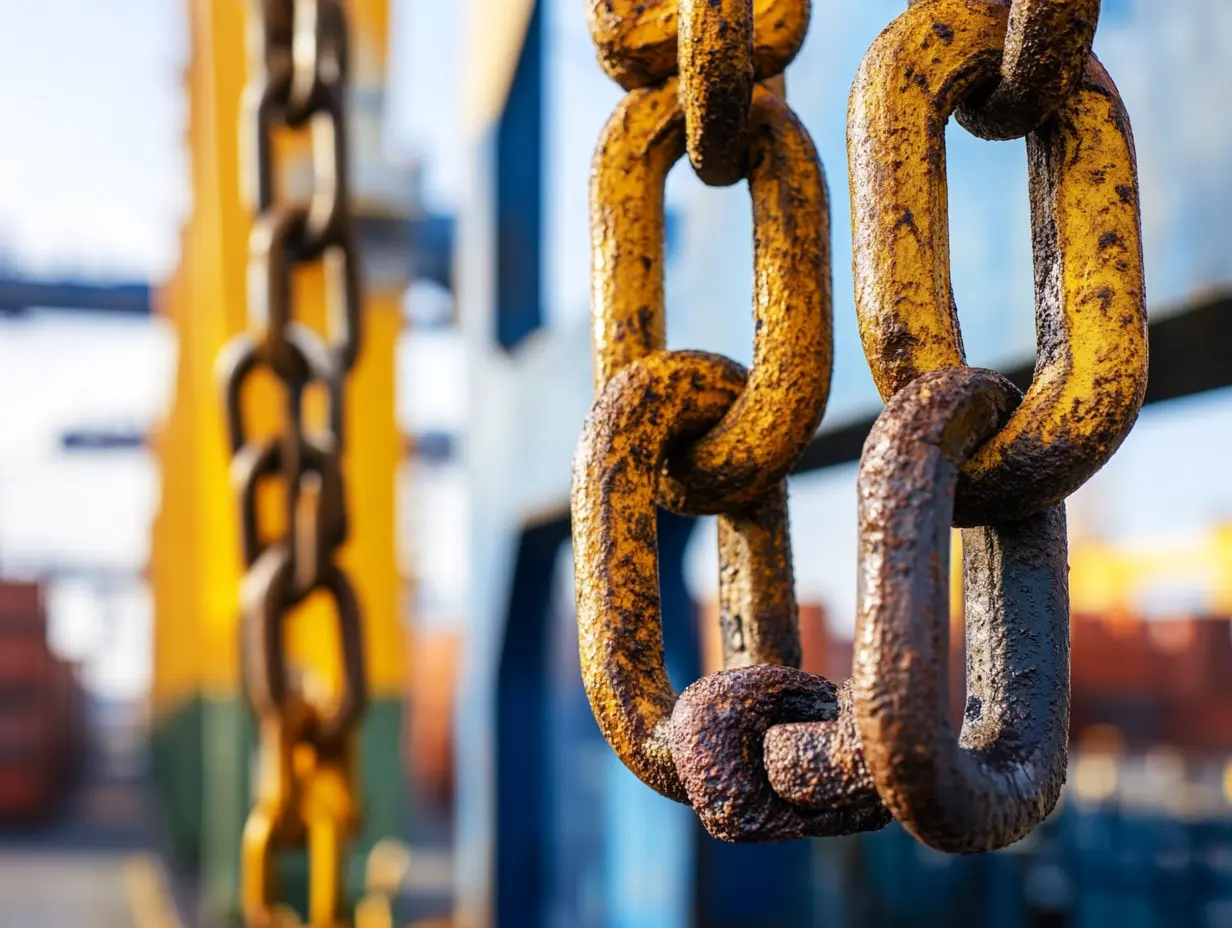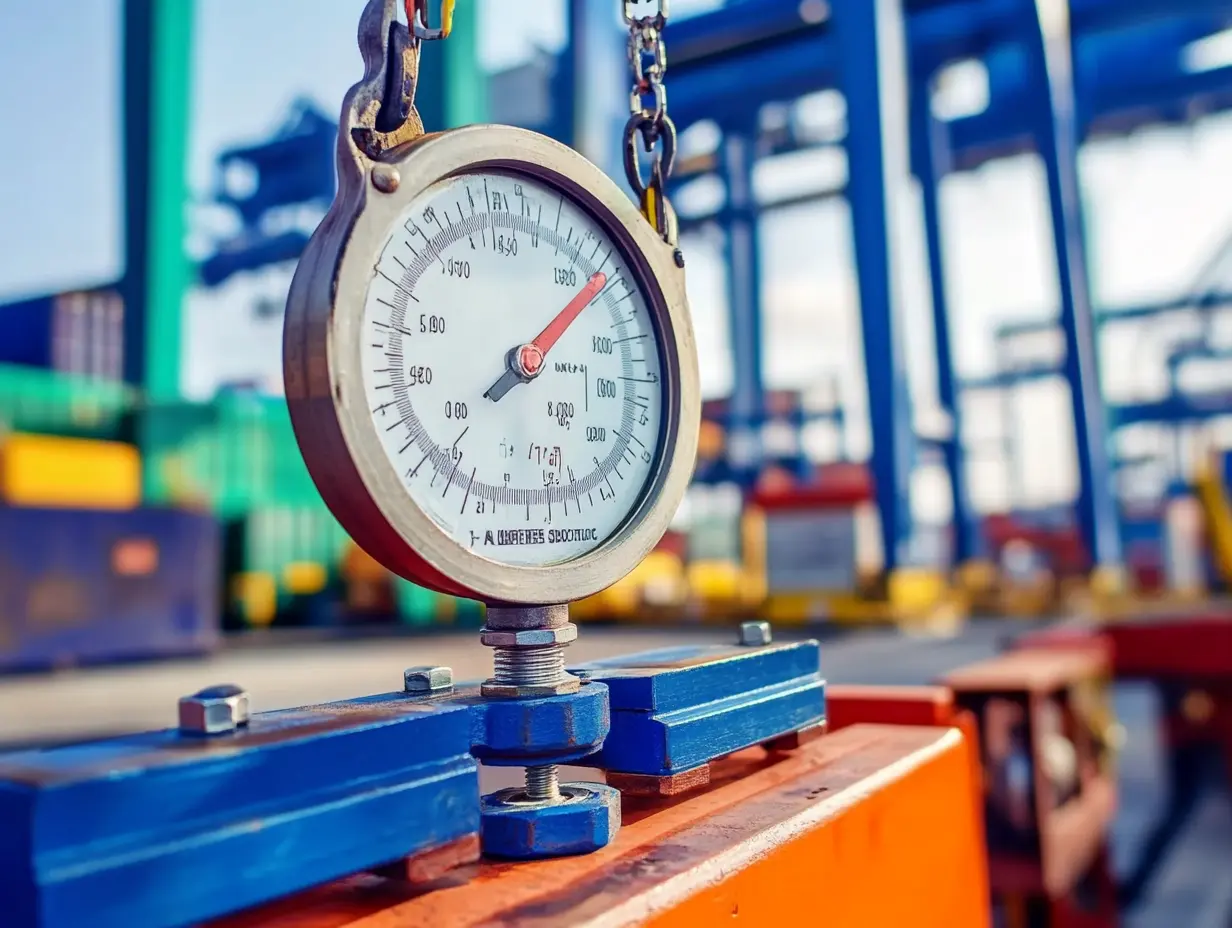 info@loadcellsensor.com
info@loadcellsensor.com 
-
Home
-
Products
-
News
-
About Us
-
Contact Us
Leave Your Message
-
 CONTACT LCS TECH
CONTACT LCS TECH -
 CONTACT LCS TECH
CONTACT LCS TECH



The standards of international trade require manufacturers and suppliers to know all about the S Type Load Cells certification. These load cells find a pivotal position in applications ranging from industrial weighing systems to medical devices that require utmost accuracy and reliability. With globalization, adherence to the certification requirements of S Type Load Cells ensures compliance and builds trust with the clients and stakeholders, increasing market competitiveness.
At Shenzhen Forsentech Sensor Technology Co., Ltd., we place great emphasis on the role of these certification routes in establishing product quality and affecting international trade. In our zeal for the innovation and excellence of sensor technology, we are capable of supplying state-of-the-art S Type Load Cells with adequate certification under the global standards. By understanding the diverse aspects of these certification requirements, we serve as an enabler for our customers so that they can make informed choices about certification, thereby ensuring that their products can perform optimally in a plethora of markets.

So, for S Type load cells, it is very important to know certification requirements for worldwide trades. This aspect of certification maintains industry standards. Certification bodies perform testing and validation of load cells to certify compliance with international safety and performance standards. This confluence allows load cells to find application across nations for many applications. Some of the well-known certification bodies include bodies that specialize in the testing of mechanical and electronic equipment to ensure that load cells do perform right in varied conditions. The certification takes place not only to enhance marketability but especially to assure consumers that the products they purchase will be dependable and safe.

In the case of S Type load cells, a proper understanding of certification will be a ladder to compliance for global trading. Certification implies multiple testing procedures intended to guarantee that these devices give accurate and reliable measurements. The most important tests to be conducted include calibration verification, environmental testing, and load endurance, which combine to assure that the load cell performs optimally under all different conditions.
These testing procedures would help not only to assure the manufacturers but also to promote consumer confidence in the products. If manufacturers comply with all stringent certification requirements, they have smoother trading across borders with reduced risks posed by violations of regulations. As global markets evolve according to their own standards, businesses remain abreast of requirements to stay competitive and maintain acceptable quality standards for their products.

Certification requirements for S Type load cells can become really frustrating for manufacturers who really want to trade globally. A lot of places keep varying regulations-and that sometimes gets confusing, leading to setbacks with certificate issuance. Clients have to know these diverse demands to ensure they are in line with the regulations and remain accessible to the markets.
In addition, the technical specifications and standards required from regulatory authorities normally require a lot of tests and documentation, thus making it costly and time-consuming to market the products. Manufacturers then must conduct extensive research as well as employ top-notch lawyers for cost-effective compliance failure mitigation. There lies an opportunity for competition on an international footing to those who effectively address these challenges.
Given that, really would face big hurdles in meeting certification requirements of S Type load cells for the manufacturers interested in global trading. Different regions impose divergence in their inherent regulations which could easily cause, confusion and costly setbacks in getting the necessary certification. For clients, the utmost need is to understand and incorporate these diverse requirements to ensure full compliance and market accessibility.
Further complications arise from the technical specifications and standards as set out by the regulatory authority, requiring very perfunctory testing and documentation, making it costly. Sometimes, it costs too much to bring the product on to the market. Such invest, extensive research, and even high-end lawyers for avoidance of noncompliance cost would be necessary for manufacturers. Effective overcoming these challenges should put companies ahead in the global space.

Certification builds a fundamental framework for market access of S Type Load Cells, especially for manufacturers involved in world trade. Conformance to international certification standards establishes product credibility in which various safety and performance characteristics are necessary market requirements in consideration with different territories. Such a situation is paramount due to the regulatory requirement variations against regions; hence, a strong understanding of such complexities would give manufacturers a way to effectively operate through them.
The impact of certification also stretches beyond compliance. It constitutes an important parameter of competitive advantage and may exert a significant influence on the purchasing decisions of consumers and industrial organizations. Certification also embodies enhanced perceived reliability among consumers, and high sales and market penetration are likely to follow. As the landscape of global trade continues to undergo substantial changes, the grasping of certification requirements will remain a prime consideration for the successful penetration of S Type Load Cells into international markets.
S Type load cells have many industrial applications, and their certification establishes that international trade standards are satisfied. Many key standards govern and regulate the performance and safety of these devices, which are necessary for entering the global market. The standards usually include guidelines from organizations that define the testing methods, performance criteria, and environmental considerations for the load cells.
Since certification ensures that S Type load cells will be able to meet the criterion of relevant regulatory bodies, it provides the smoothest pathway for entering the global market. An organization complying with these standards would not only gain product reliability but also customer trust, thus paving the way for better acceptance of the technologies among various industries like manufacturing, logistics, and healthcare. As international trade expands, such awareness about these certification requirements is ever more important to any industry stakeholder dealing with S Type load cells.
S Type load cells are the very important measuring devices in the range of industrial applications for precise weight measurement. It is important to know their certification requirements for the worldwide trade regulations. These load cells are supposed to undergo rigorous tests against the standards imposed by different certifying bodies. This ensures the quality and reliability of load cells and in turn extends market acceptance.
With sustainable operations now taking center stage in industries, certification-a topic that includes load cell certification-has gained recognition. Companies are product-sourcing with respect to not only performance characteristics, but also with an eye towards energy and sustainability. In effect, we are seeing growing demand for certified technology along with this issue across sectors, pointing to an evolving commercial landscape where quality assurance plays a central role in fostering global commerce.
With load-cell certification today, it becomes increasingly important in an utmost reality of growing trade almost all over the world, as technological advancement into the future advances load-cell standards mainly concerned with improving accuracy and precision in the performance metrics of load cells. That will facilitate international trade as well as provide consumer protection and product reliability.
There will be new regulatory requirements for the certification of S Type load cells according to new emerging market needs and technology changes. This will ensure that companies comply with tougher safety and performance standards at various market places. With a changing industry in line with those evolving standards, manufacturer's vigilance and proactive compliance become high-priority targets in maintaining competitive advantages in the global marketplace.
S Type load cell certification has assumed immense significance in the world trade arena thanks to the highly interactive market. Certification builds the confidence of international standards while assuring product reliability and safety. For the manufacturer and supplier, certified load cells are indeed the way to go as customers are growing more conscious of the quality and assurance of a product they buy.
As such, those who fail to comply may have to contend with trade barriers and compliance challenges. While global trade continues to change, the abiding business that emphasizes obtaining proper certifications will thus be in a better position to enter new markets and build confidence with international partners. It is, therefore, a win-win case for the business and the secured working environment.
According to the trade environment that changes with time, load cell certification becomes pertinent. Since the demand for measurement systems that can measure very accurately is going up, manufacturers of load cell systems must cross different certification requirements as per the area. Meeting these standards is not only for compliance but also for increased product reliability and consumer confidence.
Load cell certification trends indicate concern for precision and safety. With new technologies, it is reduced and faster for companies to get international markets. Growing companies now prefer those certifications that comply with both local and international standards, making their trade smoother and giving wider scopes. It is going to be very important for manufacturers to adhere to such certification requirements if they need to excel in the upcoming competitive market.
Documentation is paramount when it comes to global trade certifications for S Type load cells as it ensures that all international standards are met. This requires a company to assemble an exhaustive set of documents, which will prove that the load cells meet the required safety, performance, and quality specifications. Some of the important documents may include the technical specifications, test results, and quality assurance certificates from accredited laboratories.
Having organized yet complete documentation not only facilitates smoother certification processes but also minimizes potential trade barriers. The fact that different regions may have some specific requirements makes it paramount for the manufacturers to internalize these and prepare accordingly the necessary documentation having been worked over to fit different markets. The evidence produced bolsters assurance that goods will adhere to local rules and also goes a distance in reassuring possible partners and clients from abroad.
S Type load cells are critical components used in various industrial applications to provide precise weight measurements.
Certification ensures compliance with international standards, enhances product reliability and safety, and improves competitiveness in the market.
Certification helps facilitate global trade by ensuring that products meet safety and quality standards, reducing trade barriers, and fostering trust with international partners.
The growing emphasis on sustainability and energy efficiency is leading companies to seek certified products that meet performance standards and align with broader business goals.
Failing to meet certification requirements can lead to trade barriers and compliance issues, restricting access to markets.
Future developments are expected to focus on enhancing accuracy and precision, with regulators likely introducing new certification requirements to meet evolving market needs.
Manufacturers must remain vigilant and proactive in achieving compliance with evolving standards to maintain competitive advantages in the global marketplace.
Certification ensures that products, such as S Type load cells, adhere to rigorous safety and performance benchmarks, thereby protecting consumers.
The importance of certification reflects a shift towards higher quality assurance and the adoption of sustainable practices within various sectors.
Companies should consider the certification status of load cells, as certified products are more likely to ensure compliance, reliability, and customer trust.
